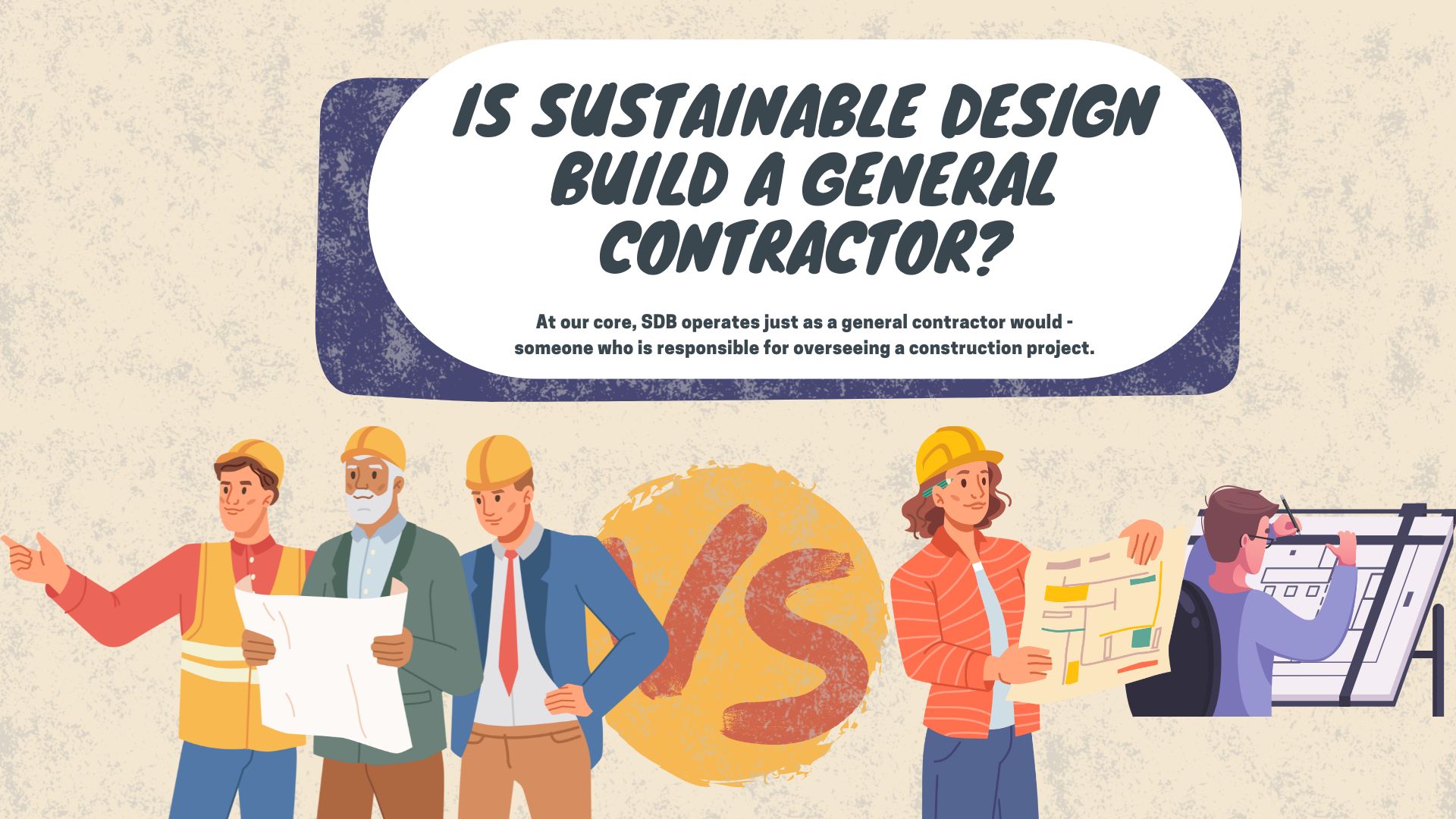From Concept to Creation: The Journey of a Contractor
The process of realizing a construction project to life is a challenging process, often calling for the expertise and oversight of a general contractor. Whether you are planning a small home renovation or a large commercial development, recognizing the role of a general contractor is crucial to guarantee the project runs smoothly and effectively. From administering budgets and timelines to organizing subcontractors and compliance with local regulations, a general contractor is the key element of any construction undertaking.

In this guide, we will investigate what a general contractor handles, the characteristics that make a successful one, and the value of choosing the right contractor for your project. We will also look into the variances between general contractors and subcontractors, as well as the upcoming trends that are shaping the industry. By the end of this guide, you will have a thorough understanding of how general contractors transform concepts into reality and why their expertise is necessary for productive construction projects.
Grasping the Role of a General Contractor
A general contractor acts as the key point of contact for construction projects, supervising the whole process from beginning to finish. Their duties include overseeing schedules, budgets, and the process of the project. This function demands the capability to manage various aspects of construction, making sure that all elements operates smoothly and according to schedule. By employing subcontractors for specialized tasks, the general contractor effectively unites all the required elements to execute a project efficiently.
One of the crucial functions of a general contractor is to ensure that all work adheres with local building codes and laws. They are tasked for get the necessary permits and inspections, which means that they need a thorough understanding of the legal requirements in their area. By managing these issues, they help homeowners avoid potential legal issues, ensuring that the project is not only completed on time but also satisfies safety and quality standards.
Moreover, a seasoned general contractor promotes effective communication among homeowners, subcontractors, and other stakeholders. This transparent line of communication is essential for addressing any concerns or changes that may occur during the construction process. By being the intermediary between all parties involved, general contractors help promote informed decision-making and keep the project aligned with the homeowner's vision and expectations.
Selecting the Best General Contractor
Choosing the right general contractor for your project is essential to its success. Start by thorough researching prospective candidates. Look for contractors who specialize in the type of work you need, whether it's domestic or commercial. Check their certifications, permits, and insurance to ensure they meet industry standards. Digital reviews and testimonials from previous clients can provide important insights into their reliability and standard of work. Pay attention to their portfolio, which should exhibit completed projects that align with your vision.
Once you have a selection, conduct interviews with all of the candidates. Prepare Click here! of questions to gauge their background, approach to project management, and communication method. Ask about their process for handling licenses and rules, how they coordinate with subcontractors, and their methods for managing schedules and financials. This conversation will help you assess whether their working style aligns with your requirements and project specifications.
Finally, don’t overlook the importance of estimates and contracts. Solicit comprehensive written estimates that detail costs, timelines, and scope of work. Examine these estimates diligently, looking for any inconsistencies or vague language that could lead to problems later on. Once you select a contractor, ensure that a definitive contract is in place to protect you and the contractor and to define expectations for the project. Completing these steps will help you find a competent general contractor who can bring your project to life effectively.
Navigating the Development Process
The building journey can often feel overwhelming, but a skilled general contractor acts as your mentor through each stage. Starting with the initial planning stages, a general contractor will help turn your vision into workable plans, collaborating with architects and engineers to ensure that every detail is considered. They facilitate the necessary permits and regulations, acting as a liaison between you and local authorities, which alleviates much of the stress from homeowners.
As the project moves into the construction phase, the general contractor supervises the daily operations. They coordinate the work of subcontractors, manage scheduling, and make sure that materials are available and delivered on time. This not only maintains the project on track but also guarantees that it stays within financial limits. With efficient communication and project management, the general contractor ensures every aspect of the build comes together smoothly.
Once construction is ongoing, the general contractor upholds quality control and safety standards on the job site. Regular inspections and oversight help detect any issues early, avoiding costly delays and maintaining compliance with building codes. By handling these critical elements, a general contractor helps to deliver a successful that meets your requirements and adheres to industry standards, ultimately transforming your concept into a actuality.